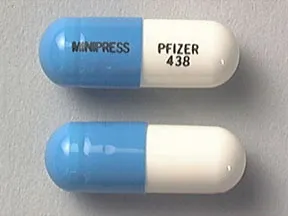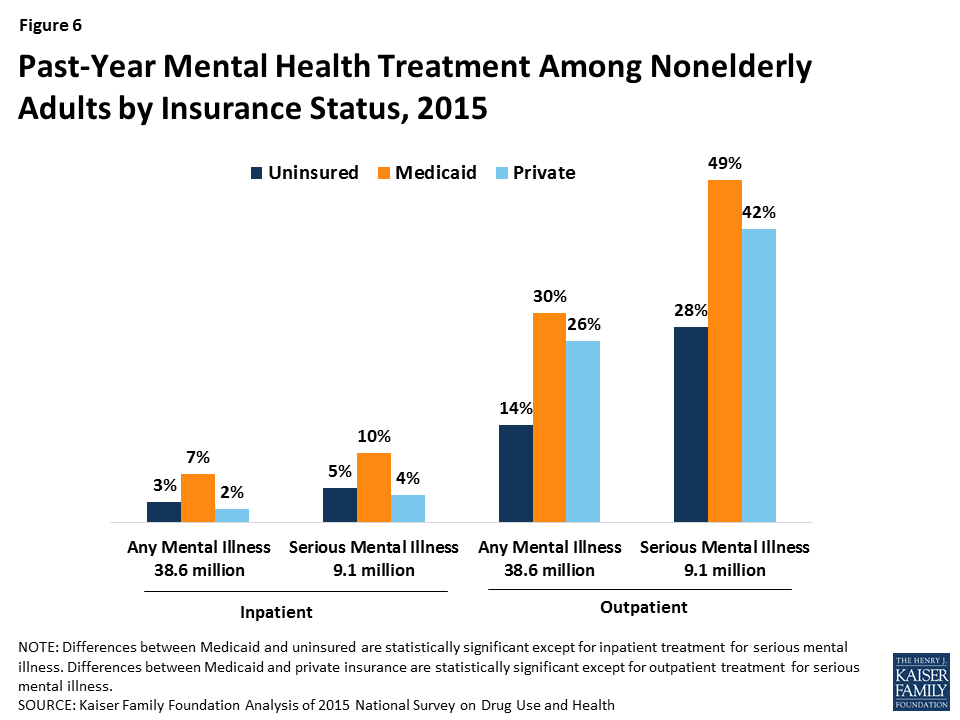Don't remain alone. Ah, homework, an obligatory exercise required by numerous teachers in high school. It is not a fun activity; more typically than not, it primarily includes workouts to train the student for upcoming tests. A study led by the University of Phoenix exposes that high school students have to deal with an average 17.5 hours of homework each week.
And if students stop working to hand in homework, they will get a bad grade, so they can't enable themselves to just leave it. Everything must be done, otherwise. Numerous believe homework is bad for kids, just since they require time to get some rest for their establishing minds. A student got out of his seat without warning, strolled towards the window, and began to sob frantically. Henderson approached the student, who quietly told her that the previous night he had actually negotiated with the devil, however wanted he had not. "I made an error. Give me my soul back!" he yelled.
Apparently reassured, he quietly returned to his seat. This wasn't the very first time Henderson had actually handled a scenario with a trainee whose habits demonstratrated a mental health concern. However this particular occurrence made her realize that the patchwork of resources offered to teachers in her school and district that were created to help trainees who may be grappling with mental disorder wasalthough marginally usefulinadequate.

Ultimately, she developed a workshop tailored toward educators who were looking for fundamental details, pointers, and methods on methods to develop a much better knowing environment for trainees who have a mental disease. Henderson conducted the workshop at professional advancement conferences sponsored by the Virginia Education Association. The workshop only "scratches the surface," Henderson says, but the educators at her discussions were always grateful for the information.
Despite the fact that teachers can be exceptionally efficient in identifying red flags in trainee interactions and behaviors, says Theresa Nguyen, vice president of policy and programs at Mental Health America, "our teachers are already pushed to the max." "It's best that they be seen as partnerswith moms and dads, the administration, the communityin assisting trainees with mental health difficulties," Nguyen says.
public education system merely isn't attending to trainee psychological health in a detailed way. The magnitude of the issue can not be overstated. At least 10 million students, ages 1318, require some sort of expert aid with a psychological health condition. Depression, stress and anxiety, attention-deficit hyperactivity disorder (ADHD), and bipolar disorder are the most typical mental health diagnoses among children and adolescents.
The Child Mind Institute reports that half of all psychological disease takes place prior to the age of 14, and 75 percent by the age of 24highlighting the immediate need to create systemic techniques to the problem. "One in 5 trainees in this nation need treatment," says Dr. David Anderson, senior director of the Institute's ADHD and Behavior Disorders Center.
The Greatest Guide To How Does Hypothyroidsim Affect Mental Health
Interest among lawmakers, nevertheless, is a relatively new trend, triggered mostly by the wave of mass shootings. There is also a growing awareness of the tension and stress and anxiety gripping so many teens, the function of trauma in their lives, overdue analysis over punitive school discipline policies, and the destructive effects of hardship.
" The public's natural action is to say we require more psychological health services and programs, and we do," Reamy adds (how can stress affect mental health). However much of the national discussion has actually been inherently reactive, concentrating on "crisis response" to school shootings in particularrather than an organized approach to helping students with their mental health needs.
" The research is really clear that when a school has a system-based, evidence-based, whole school technique, all trainees are more engaged academically," states Anderson. Such programs differ however they generally supply substantive expert advancement for staff, workshops, resources, and have social and emotional knowing competencies integrated into the curriculum. According to a 2014 study by the Center for Health and Health Care in Schools, trainees who receive positive behavioral health interventions see enhancements on a series of behaviors associated with scholastic accomplishment, beyond letter grades or test scores.
Regardless of the apparent roi, detailed mental health programs are still only scattered across the nation. Many resource-starved districts have cutor never had on staffcritical positions, particularly school psychologists, undermining their schools' ability and capability to effectively address these difficulties. While districts might look at hiring more school therapists to fill gaps, Kathy Reamy cautions that their role is frequently misunderstood.
However real improvement to school psychological health programs doesn't and should not end with working with more therapists. "The services they offer are normally responsive and brief treatment in nature," explains Reamy. "The misconception of the role of the counselor typically either avoids students from pertaining to us at all or they come expecting long-term therapy, which we simply don't have the time to provide." The preconception around psychological health is another challenge to getting more services https://transformationstreatment1.blogspot.com/2020/06/drug-rehab-delray-transformations.html in schools.

We're seeing progress that hopefully will continue. We can't wait till a student is at a crisis state. Like diabetes or cancer, you need to never ever wait up until phase 4 to intervene." - Theresa Nguyen, https://transformationstreatment1.blogspot.com/2020/06/opiate-rehab-delray-beach-fl.html Mental Health America Still, more trainees are requesting assistance from their school. "We're finding that young individuals are more eager to speak about these issues, says Nguyen.
As crucial as the task is, numerous see it as somebody else's task (how does mental health affect physical health). The change in perspective is a formidable culture shift for lots of communities. "What makes it a little tougher is the need to change how we see studentsspecifically, thinking less about a students' belligerent behavior, for instance, and more about the reasons for that habits," states Joe O'Callaghan, the head of Stamford Public Schools social work department in Connecticut.
Get This Report on How Does Homelessness Affect Mental Health
" You have to make sure the entire school knows how to support these kids," O'Callaghan says. "In some cases what happens is a trainee will feel a lot of support and encouragement from a social employee. But then they'll return into the school and may not get the very same understanding from the teacher, the principal, the security personnel, whomever.